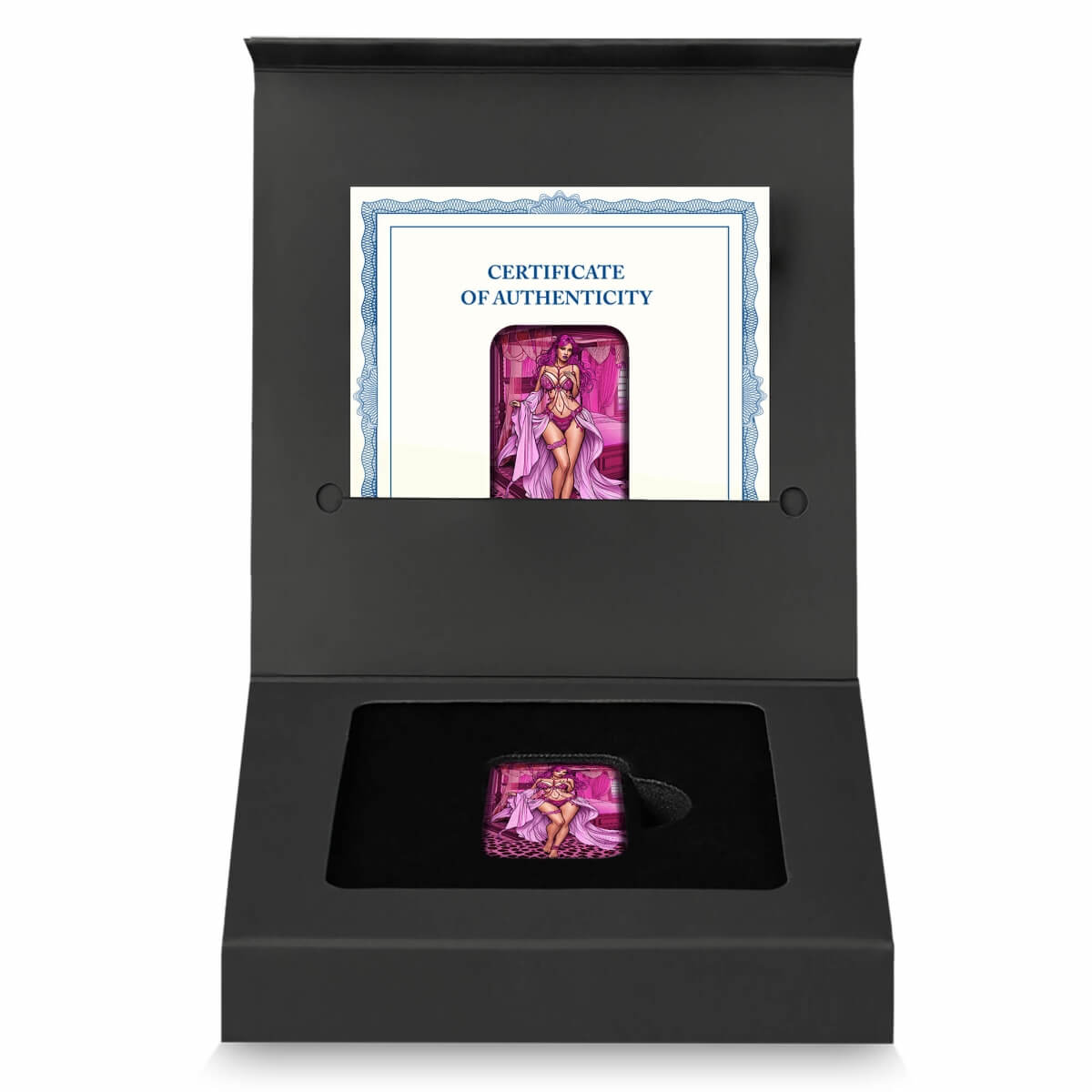2024 The Seven Deadly Sins Lust 2 oz Silver Colorized Premium Cast Bar
(No reviews yet)
$170.00 USD
Item specifics
| Year of Issue: | 2024 |
| Weight: | 2 oz |
| Composition: | Silver |
| Purity: | 0.9999 |
| Mintage: | 500 |
| Finish: | Antiqued |
| Special Feature: | Colorized, Individually Numbered |
| Diameter: | 40.13 x 25.07 x 7.5 mm |
| Certification: | Mint Certified |
| Packaging: | Display Box |
Lust is one of the seven deadly sins in Christian tradition. It refers to an intense and disordered desire for sexual pleasure, which goes beyond legitimate love and affection within the context of marital relations. This sin focuses on the selfish pursuit of physical pleasure, often at the expense of others, and can manifest in various forms such as promiscuity, obsession with pornography, adultery, and other inappropriate sexual behaviors.
Only logged in customers who have purchased this product may leave a review.





Reviews
There are no reviews yet.